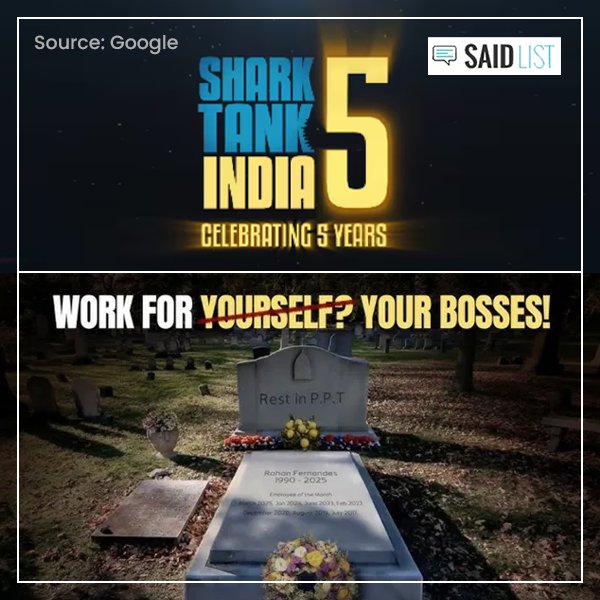Dowry has long been a controversial and deeply entrenched issue in Indian society, despite being illegal. In a recent incident that went viral on social media, a UPSC aspirant’s arrogant rant about the quality of dowry he received led to the wedding being called off by the bride’s family. The incident has sparked widespread debate on gender equality, self-respect, and the need to reject outdated traditions.
This article delves into the details of the case, the social implications, and why standing against dowry demands—implicit or explicit—is a crucial step toward progress.
The Viral Incident: What Happened?
A bride’s cousin recently shared screenshots on Reddit, revealing how the groom-to-be, a UPSC aspirant, insulted the furniture gifted to him by the bride’s family. The conversation exposed his entitled attitude, as he dismissed the wedding gift, complaining that it was not up to his standard.
Some of his messages included:
- “Kiske level ke according bheja hai? (According to whose level have you sent this?)”
- “Isse badhiya kuch mat dete. M khud le leta apne according. Ab ye yaha jagah aur gherega aur kisi ko dikhane layak bhi nahi hai. (It would have been better if you sent nothing. I would have bought everything according to my choice. Now, this is just taking up space and is not even worth showing to anyone.)”

The bride, who has a government job, and her family decided that this behavior was unacceptable and promptly canceled the wedding. The groom’s outburst, just 10 days before the scheduled marriage, has since gone viral, with netizens overwhelmingly supporting the bride’s decision.
Social Media Reactions: A Collective ‘Good Riddance’
The viral post received thousands of comments and reactions, with users unanimously praising the bride’s family for taking a stand. Some key reactions included:
- “Congratulations to didi for dodging a bullet.”
- “If she has a job, she should never marry such an entitled person.”
- “Imagine how he would have treated her after marriage if he can’t even be grateful now.”
- “A true UPSC aspirant should have a sense of responsibility and integrity, not arrogance.”

The overwhelming response indicates a shift in public perception, where entitlement and dowry-related behavior are being called out instead of tolerated.
The Dowry System: A Deep-Rooted Social Evil
The dowry system, despite legal prohibitions under the Dowry Prohibition Act of 1961, continues to persist in many parts of India. Often disguised as ‘gifts’ or ‘customary presents,’ dowry has led to numerous cases of financial burden, domestic abuse, and even deaths.
This case highlights an important aspect: even when dowry is not explicitly demanded, there remains an expectation for the bride’s family to provide material gifts. The groom’s reaction exposes how ingrained this entitlement still is in certain sections of society.
Why This Case is a Wake-Up Call?
- Women Should Prioritize Self-Respect: The bride’s decision to cancel the wedding sets an important precedent. Women should not feel compelled to accept disrespectful behavior or unreasonable demands.
- The Groom’s Arrogance Reflects a Bigger Problem: The UPSC aspirant’s reaction suggests that education alone does not eradicate regressive mindsets. True education should cultivate empathy, responsibility, and a sense of equality.
- Families Need to Reject Societal Pressure: Often, families succumb to traditional expectations and give dowry to avoid social backlash. This case proves that standing up against such norms is possible and necessary.
Legal Aspects: Dowry is a Punishable Offense
The Dowry Prohibition Act of 1961 makes both giving and receiving dowry illegal. However, due to societal norms, many cases go unreported or are normalized under the guise of voluntary gifts.
Key Legal Takeaways:
- Asking for or receiving dowry is a punishable offense with imprisonment of up to five years and a fine.
- Even indirect coercion or expectations related to dowry can be grounds for legal action.
- Women and their families should not hesitate to report dowry harassment.
The Bigger Picture: Moving Towards Change
- Educating the Next Generation
To bring about change, we must educate young minds on gender equality and the dangers of perpetuating regressive customs. Schools and families must teach respect, empathy, and the importance of financial independence over societal expectations.
- Redefining Marriage Expectations
Marriage should be about partnership and mutual respect, not transactional exchanges. The idea that a bride’s family must prove their worth through material possessions needs to be dismantled.
- Encouraging Financial and Emotional Independence
Women who are financially independent, like the bride in this case, have the power to walk away from toxic relationships. Encouraging financial independence among women will help eliminate the dependency that often fuels dowry-related pressures.
Conclusion: A Victory for Progress
This viral incident is not just about one wedding being called off—it represents a much larger shift in societal attitudes. The courage of the bride and her family serves as an inspiration for others facing similar situations. It also serves as a reminder that education should not only provide knowledge but should also instill values of humility and respect.
The lesson here is clear: Women should never settle for less than they deserve, and families should never bow down to outdated traditions that perpetuate inequality. If more people take a stand like this, the dowry system will slowly but surely become a relic of the past.
What Can You Do?
- If you or someone you know is facing dowry harassment, report it.
- Support and encourage women to prioritize self-respect and independence.
- Speak out against regressive customs and help bring about social change.
The bride’s decision to cancel the wedding with UPSC Aspirant was not just an act of defiance—it was a victory for empowerment and justice. Let’s make stories like this the norm, not the exception.











